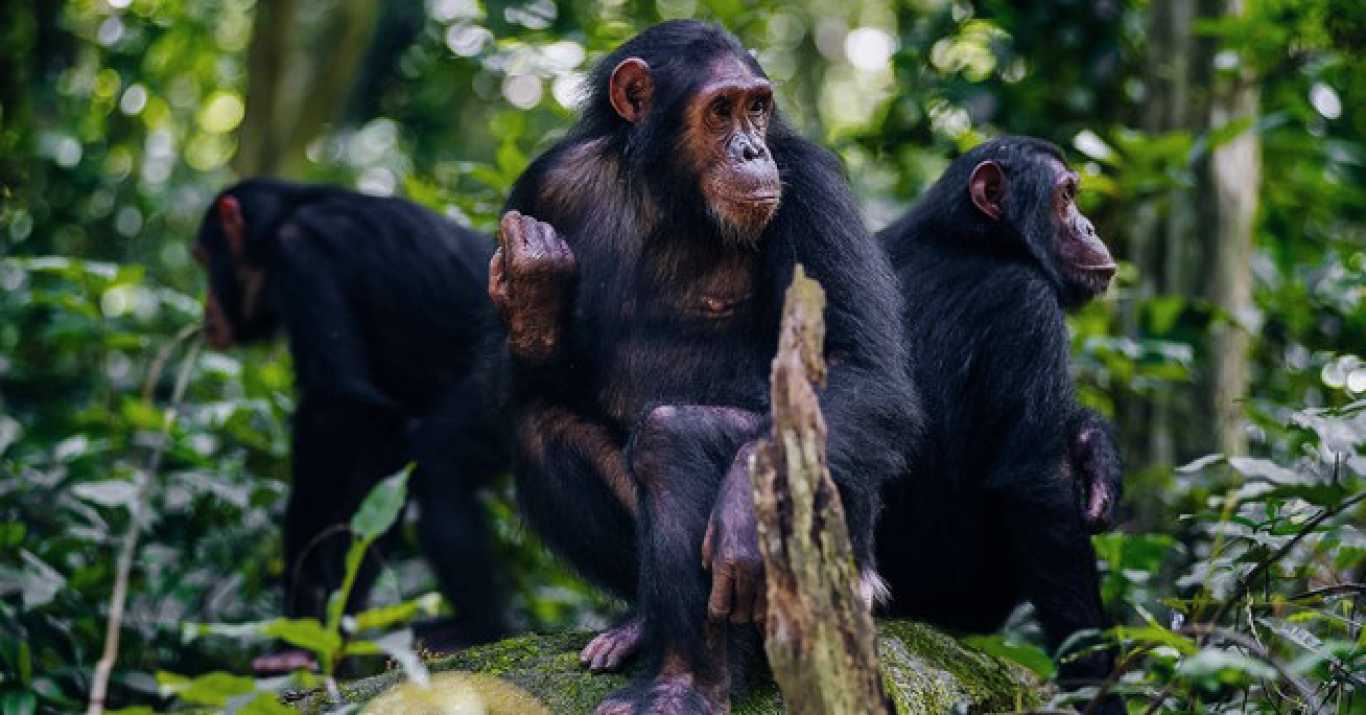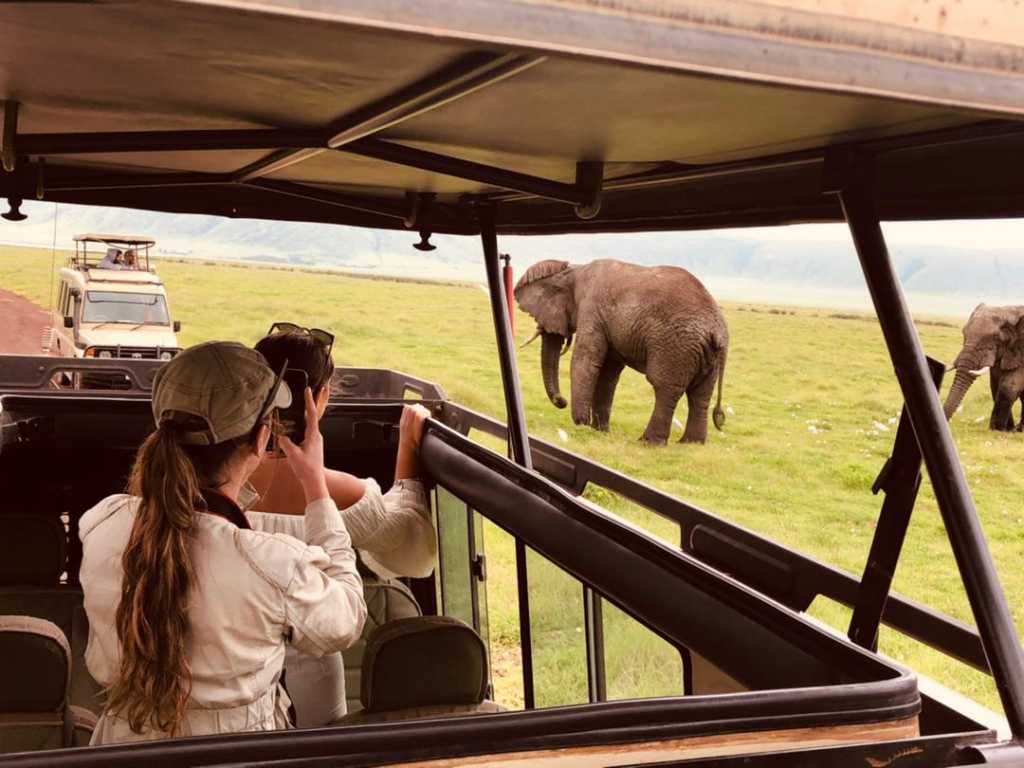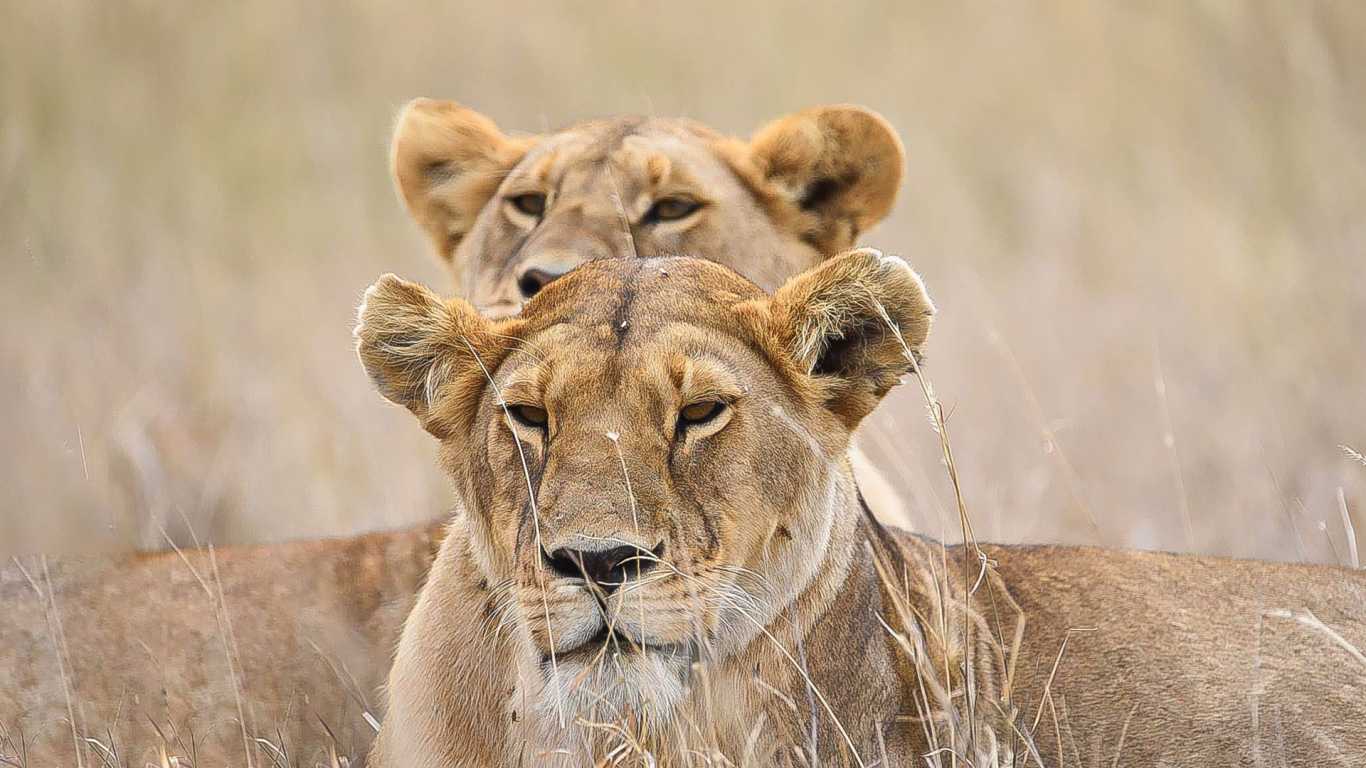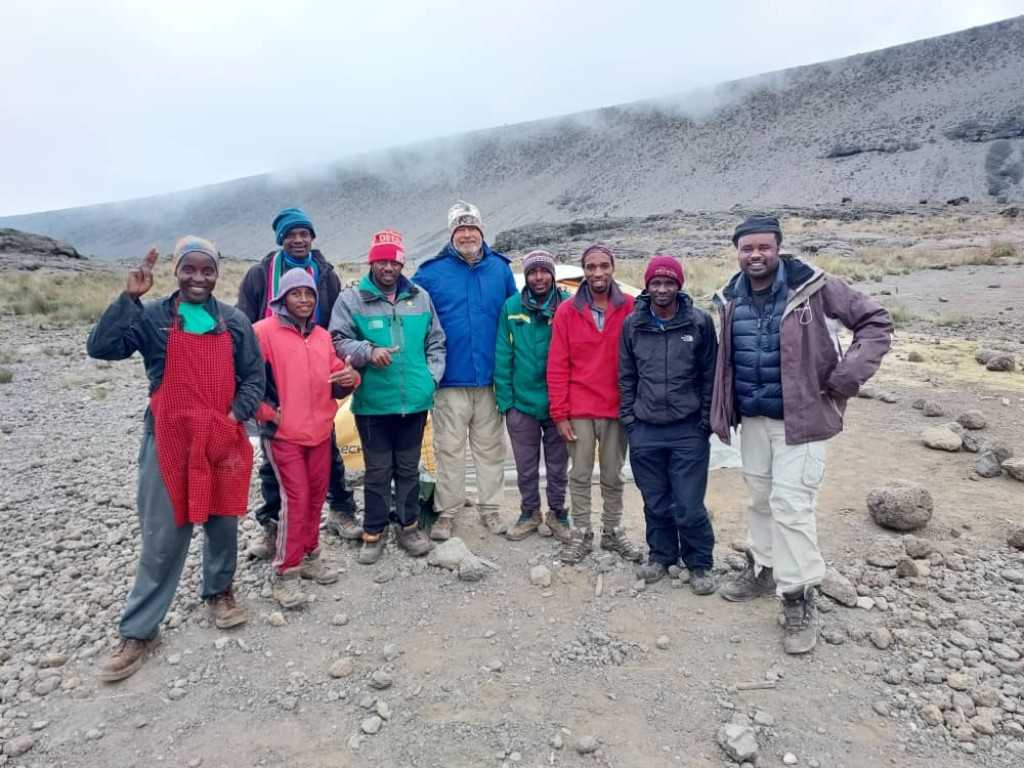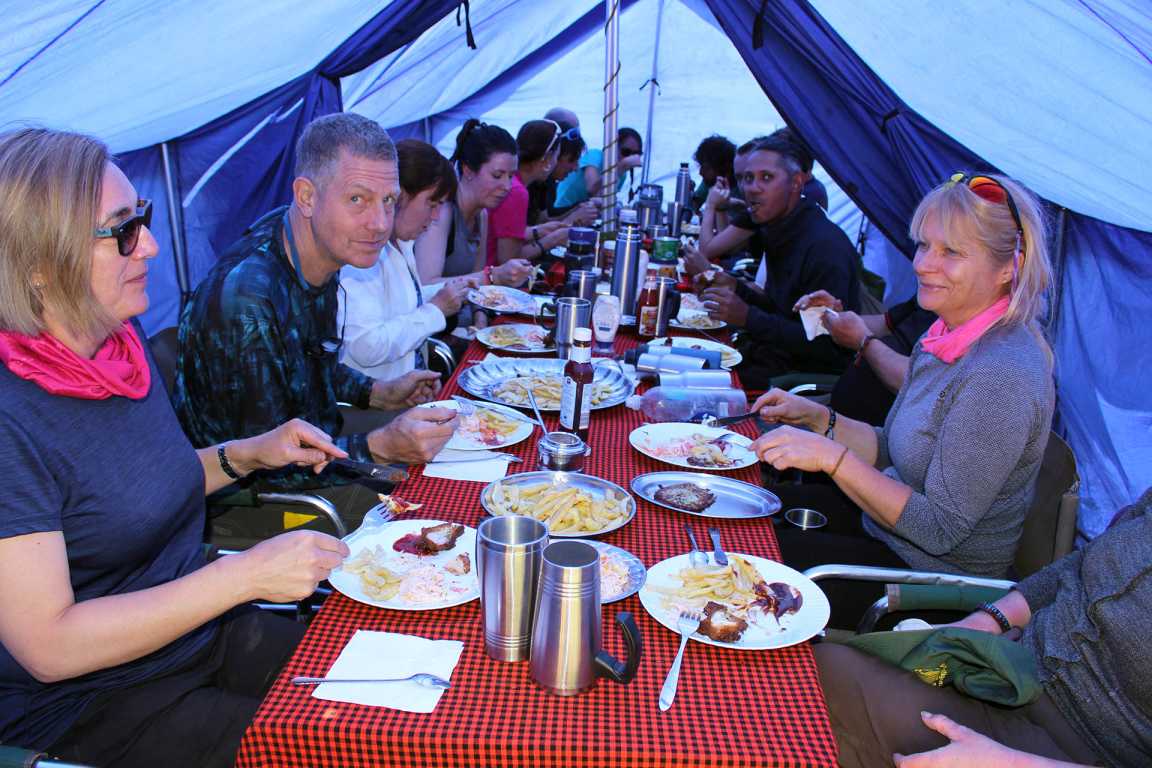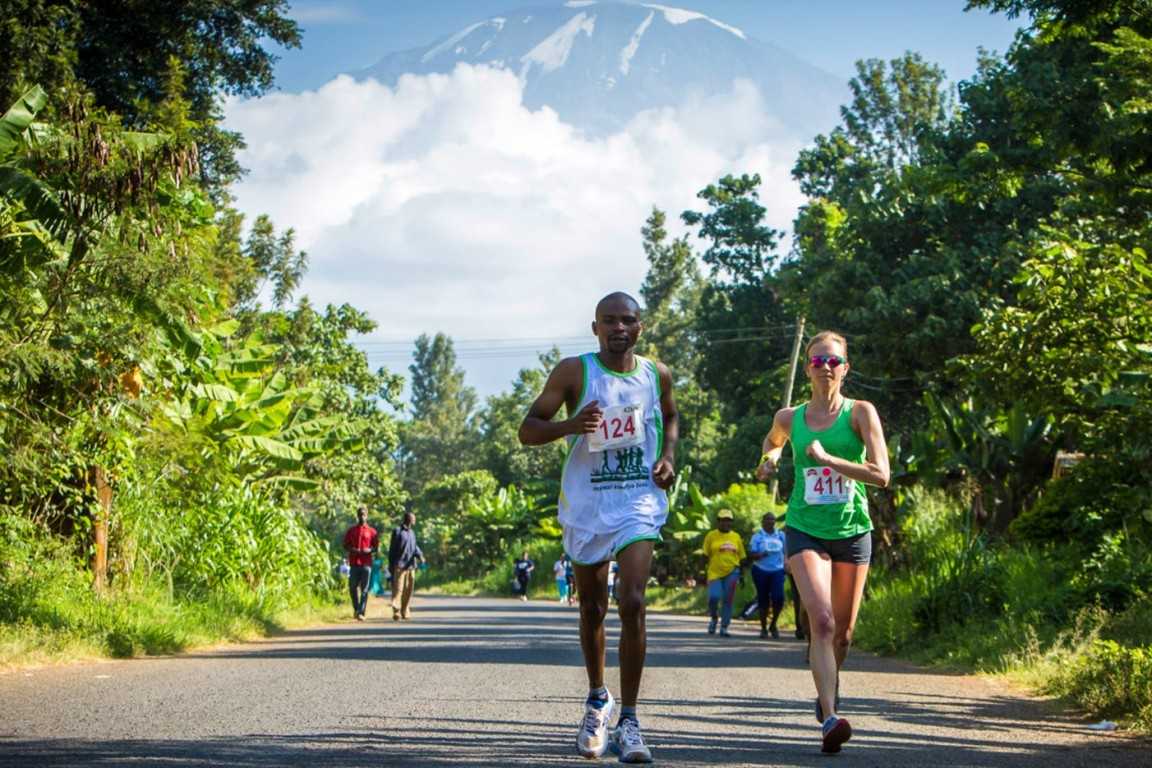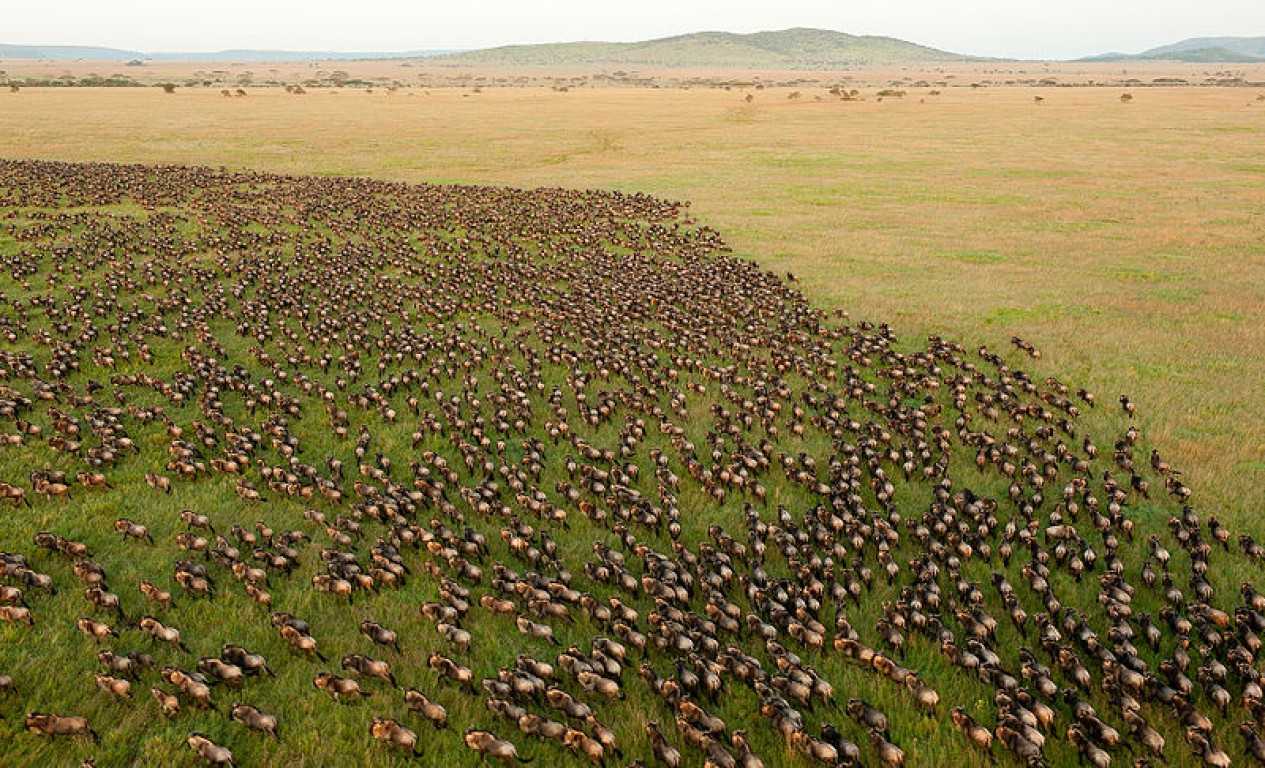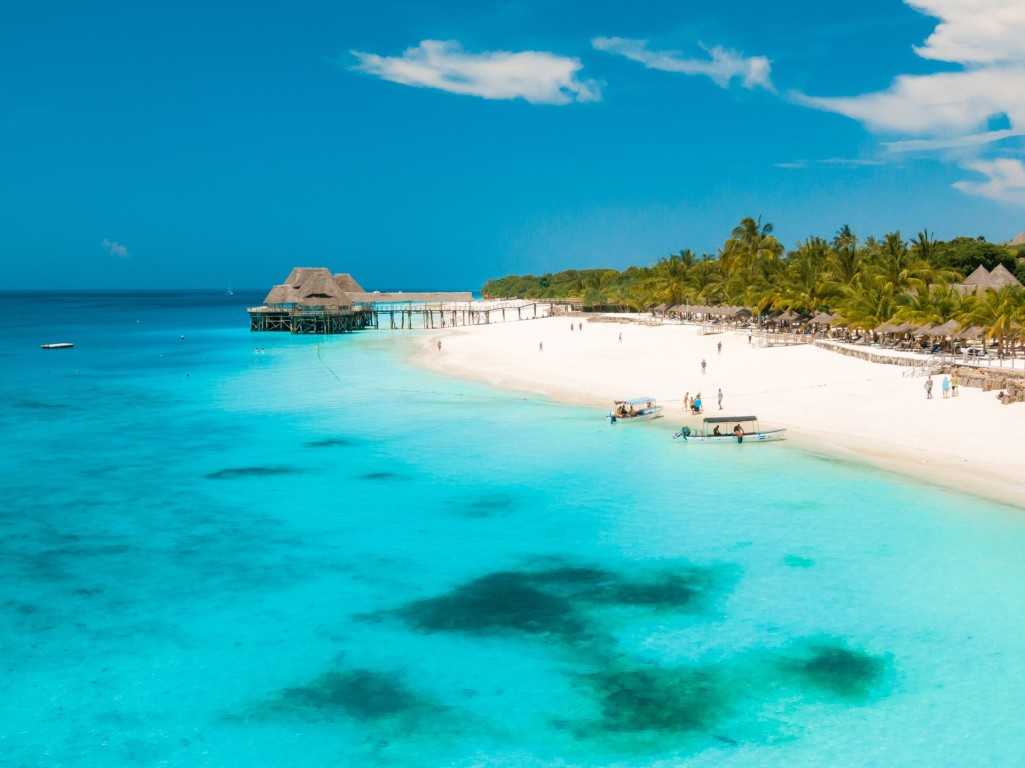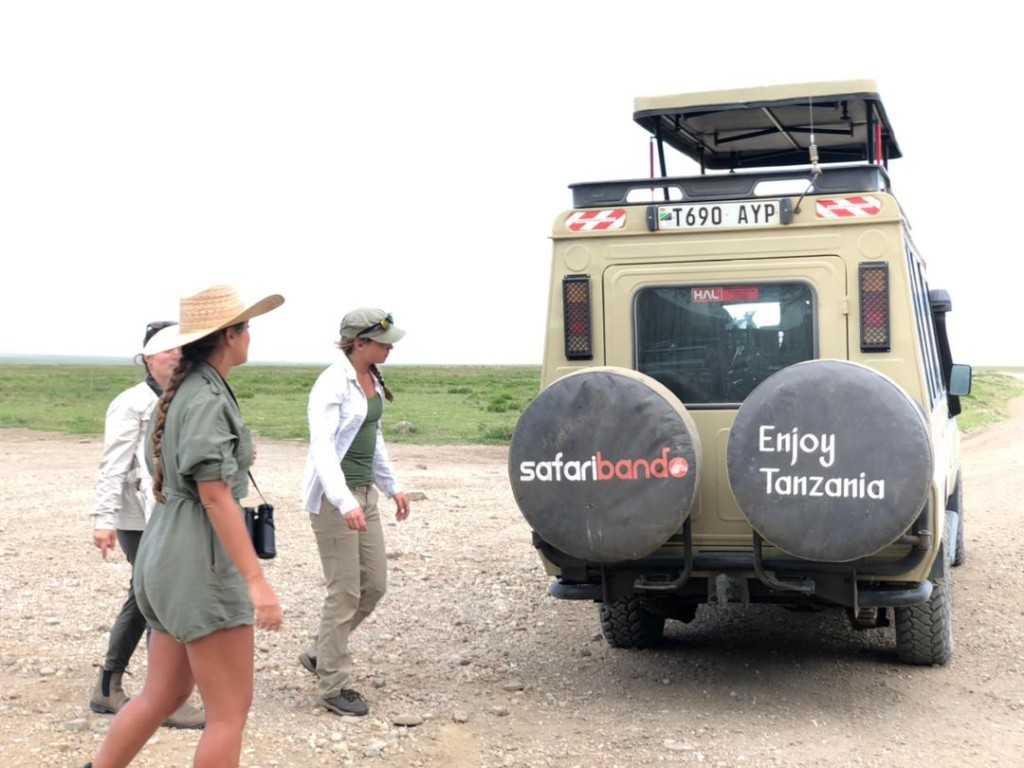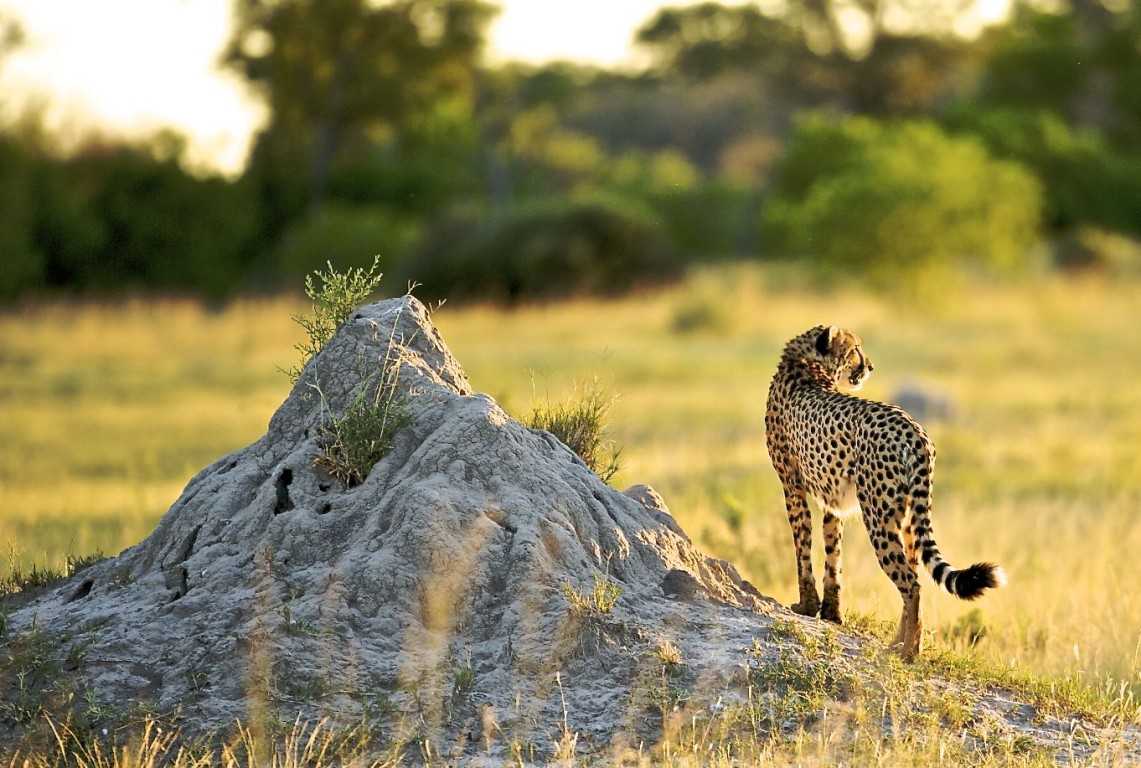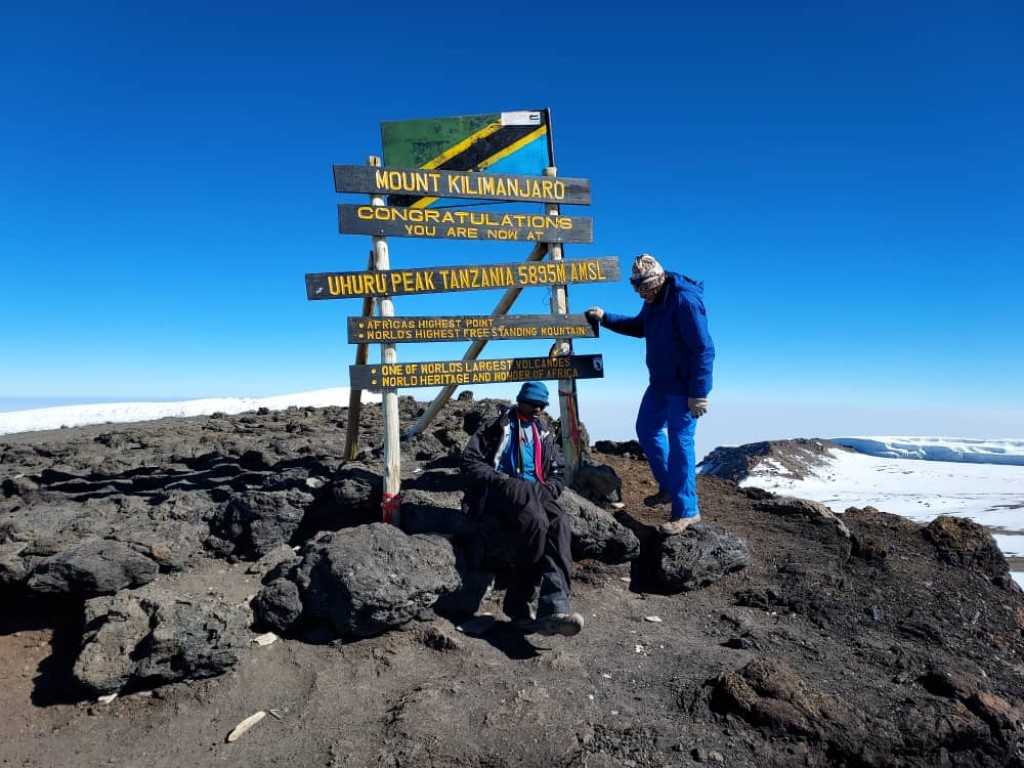
How much does it cost to climb the Kilimanjaro
Climbing Mount Kilimanjaro is a popular bucket list item for many adventure-seekers, but finding a cheap climb is not possible. However, the cost of climbing Kilimanjaro varies greatly among outfitters due to factors such as group size, length of the climb, and level of service. It is important to choose a reputable operator that provides high-quality service at a reasonable cost, like SafariBando.
The cost to climb Kilimanjaro depends on a few primary factors:
-
Group Size - The more people that are in a trekking party, the lower the cost per person. Climbs that have only one or two climbers will have the highest prices as the costs to operate are shared by a small number of people. Not surprisingly, climbs with a dozen or more people will have much lower prices. Most companies, including SafariBando, run open climbs where customers may book a spot to join to form a group. Our 2021 group climbs are priced between $1,890 and $3,200.
-
Days on the Mountain - Each day spent on the mountain incurs additional costs in park fees, staff wages, food, and equipment use. Thus, longer routes are more expensive than shorter routes. Route selection also plays a part as some require more personnel, gear and logistical arrangements.
-
Level of Service - Kilimanjaro operators can be categorized into three broad price ranges: budget, midrange and luxury. This is the main driver of the huge price disparity between different companies for what seems like the same service. SafariBando is a midrange operator. We offer high quality climbs at a reasonable cost. We believe that luxury operators make you pay for things you don't want and don't need. On the other hand, budget operators cut corners in areas that are critical to your experience, including safety.
Below is a breakdown of park fees and taxes:
Conservation Fees - $70 per day per person.
The Kilimanjaro National Park authority collects fees from all visitors in order to fund the upkeep of the park. This includes maintaining the trail, keeping it clean and paying for the rangers. The conservation fee applies for each day (including partial days) you spend inside the park. On an 8 day Lemosho climb, the conservation fees total $560 ($70 x 8 days).
Camping or Hut Fees - $50 to $60 per night per person
This fee is charged for using the campsites and simple huts on the mountain. Huts are only available on the Marangu route. All other routes camping at designated public sites. The hut fees on a 5 day Marangu climb are $240 ($60 x 4 nights). On an 8 day Lemosho climb, the camping fees are $350 ($50 x 7 nights).
Rescue Fees- $20 per person per trip
Rescue fees are charged for the chance the park authority may need to coordinate a rescue. This fee must be paid whether or not you actually require rescue. The cost is $20 per person per trip.
Guide and Porter Entrance Fees - $2 per staff person per trip
All of the staff also must pay park fees to enter. The park entrance fee is $2 per person per trip.
Value-Added Tax - 18% of services
A value-added tax (VAT) is a type of general consumption tax that is placed on goods and services whenever value is added at a stage of production or distribution. The Tanzanian government charges an 18% VAT to Kilimanjaro operators.
The other significant expenses are staff wages, food, and transportation costs. Local wages amount to around $80-$150 per climber per day (depending on group size). Food costs come out to about $10-$20 per climber per day (includes food for staff). Transportation costs are about $100 per trip depending on the route. There are also costs associated with wear and tear on camping equipment and administrative costs for arranging your climb.
By adding up all the daily costs listed above, you can estimate what it may cost to fund a Kilimanjaro climb on your own. The total is certainly significant, but are not high enough to justify the jaw-dropping price tags seen in the industry. So instead of asking how we can be priced so low, you should be asking how those other companies can be priced so high?
How much does it cost to climb Kilimanjaro?
Consider the staff working for you on the mountain. You also have to consider the staff, porters, guides and support crew all need to be paid correctly and cheap operators, cut corners on food and wages for staff so you can get a cheaper price. This should not be allowed but continues to happen because people want cheaper prices. Don’t be fooled less days on the mountain and cheaper prices means your safety and the safety of the local staff is at risk.
In your research you will be looking for the cheapest deal, but this really is not possible. You will also see a wide range of prices quoted for climbing Kilimanjaro. There are hundreds of licensed operators on Kilimanjaro. Many choices, companies and people saying they offer the best service up the mountain.
How much does it cost to climb Kilimanjaro?
There is more to think about than price. You should not make your decision based on price alone. From our experience, shopping the cheap deals on Kilimanjaro will leave you disappointed. You deserve experience, high quality service for the right price.
Every Kilimanjaro climb should have the following:
1). Excellent food: 3 course meals for Breakfast, Lunch and Dinner
2). 1 to 1 support on Summit night
3). 1 bottle of oxygen per every 5 climbers, Gamow bag and full medical kit.
4). Warm tents (mountain hard wear Trango 4) & private toilet tents.
5). Good seating for you to rest and eat meals
6). Pulse Oximeters, as a secondary measure for testing o2 levels (morning and night)
7). Flying Doctors cover (we have this included in our price)
8). Access to professionals prior to the climb giving advice on preparation and training
9). 8 days on the mountain via the Lemosho route gives the best chance at success
10). Security team on the mountain to protect your equipment
More Tips about Kilimanjaro
Best Time to Climb Kilimanjaro
What is the temperature at the summit of Kilimanjaro
How Long Does it Take to Climb Kilimanjaro
The Ultimate Guide to Climbing Kilimanjaro: Choosing the Best Route for Your Adventure
Can you do Kilimanjaro without a guide
